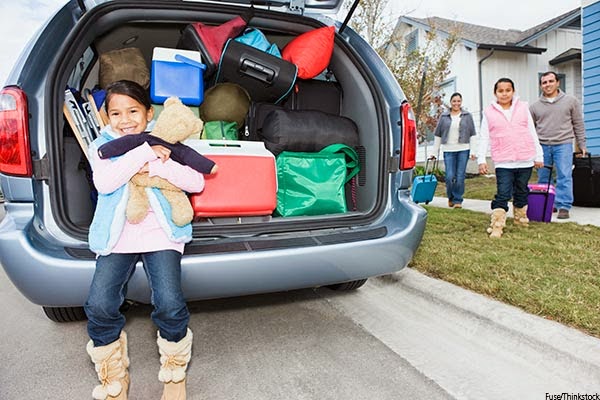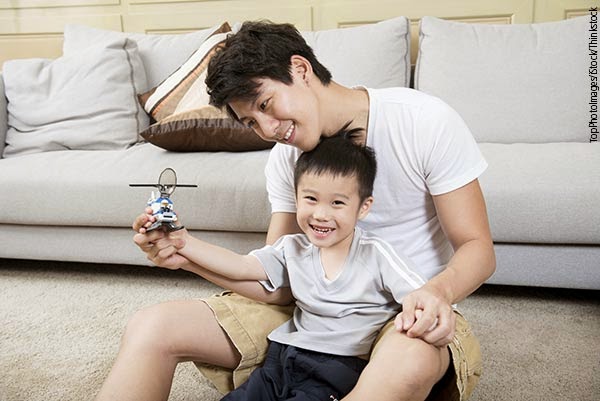I remember getting up at 5:00 am and waiting in line in the dark to register my not yet 5-year-old daughter for an array of what seemed to be very exciting summer day camps. She was headed to kindergarten in the fall, and for the first time, she was eligible for weeklong sports, nature, arts, science, and drama camps through our neighborhood recreation center.
I got together with the mothers of her best friends, and we devised elaborate plans—based on all of our families’ vacation travels—to make sure that our children would have a fabulous summer that included many different experiences with friends. After all, they were elementary school kids now, and we thought they would be more than ready for new and varied experiences.
Imagine my surprise when about halfway through the summer, my daughter began crying in the morning and begging not to go camp! I was shocked that she preferred hanging out at home in the afternoon. What was wrong with her? Or, what was happening at camp that might be wrong?
Older 4- and 5-year-old pre-K children are at the top of their game—in preschool. Ideally, they feel confident about themselves and enjoy being the leaders of their environments. They know the routines and like the predictability that the familiar schedule and teachers give them. It makes them feel capable and in control of their world. They also have established friendships with peers whom they know well, and are they are still learning good skills of cooperation, communication, and problem-solving—tools they will need to be successful in kindergarten. So, in lieu of summer camp, what kind of summer programs help pre-K children continue to develop their skills without rocking their self-confidence?
-
- If possible, let your child stay at his/her preschool during the summer. It doesn’t matter if some of the activities are repeats from the previous summer. As long as there are enough children there who will be going on to kindergarten for there to be a good social dynamic, it is fine to let your child be the “the big kid on campus” and relax without too much change.
- If there is a summer program associated with the elementary school that your child will be going, it is beneficial to enroll your child in that program. It is especially good if the program is on-site at your school. This enables your child to become familiar with the campus, meet children he will see in school in the fall, and learn about kindergarten routines.
- If you must find a summer camp program other than your preschool’s or elementary school’s, choose one that you can stick with for as much of the summer as possible. Even if other kids come and go, your child will benefit from having more time to become familiar with the staff and the routines.
- If at all possible, try to have some down time at home just before school starts to give all of you time to connect with each other and get organized for the beginning of kindergarten. Try to return home from any travel at least a week before school starts. Practice school year bedtime and wake up routines. Make sure you have all the necessary forms filled out and information you need about the first day of school. Check whether there are over-the-summer get-togethers for families of children embarking on kindergarten. They are a great way for you and your child to meet other kinder families.
Entering kindergarten is a big transition time for most children. Keeping things familiar and simple the summer before will pay off in the fall: a smooth and comfortable beginning to school. Don’t forget to enjoy some time as a family, too. There will plenty of time next summer and beyond for all those really exciting summer camps!


